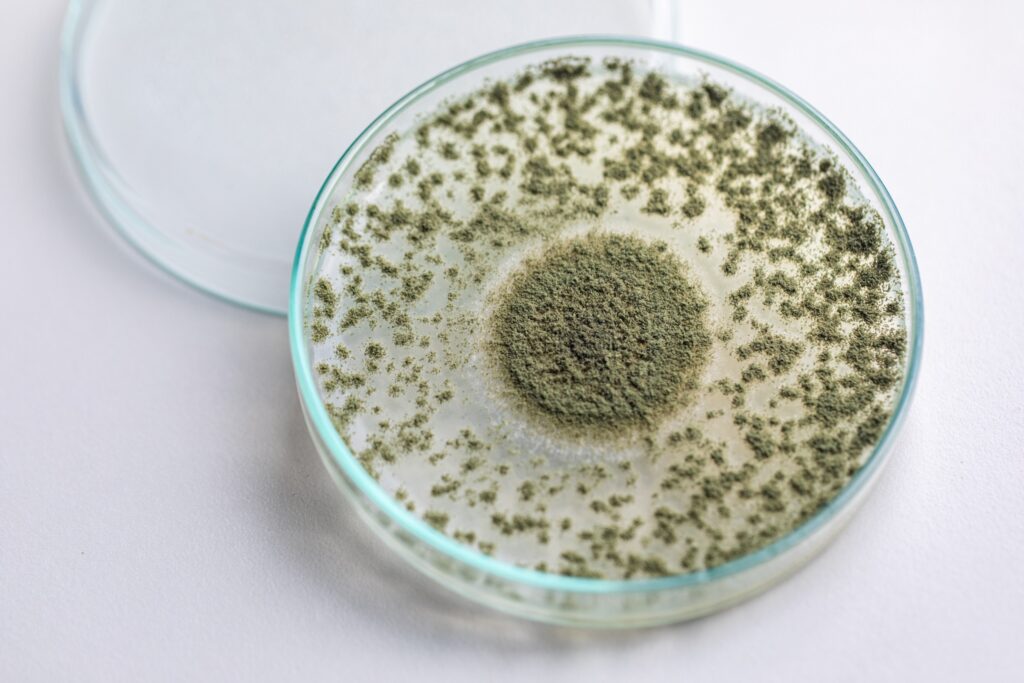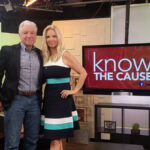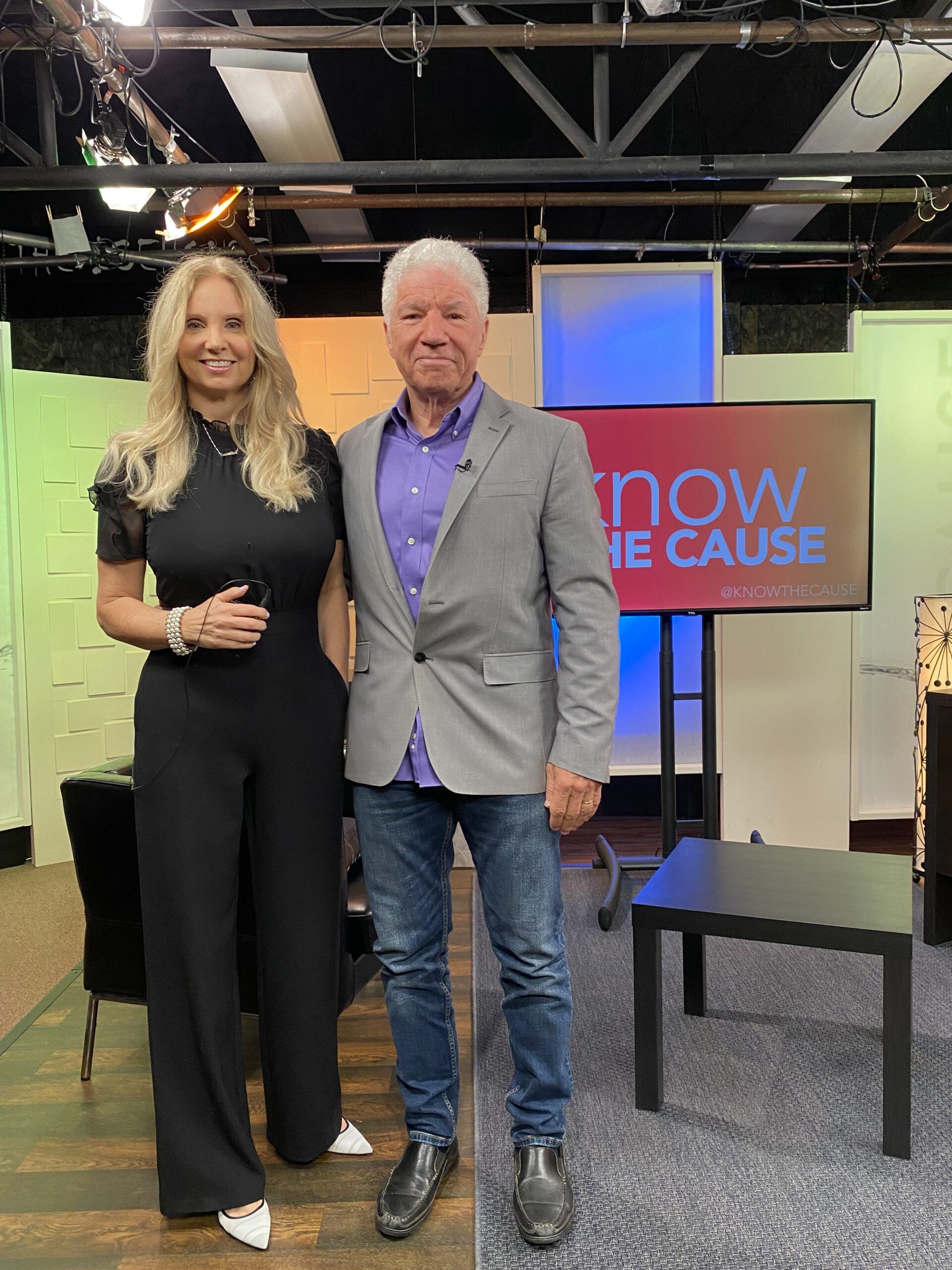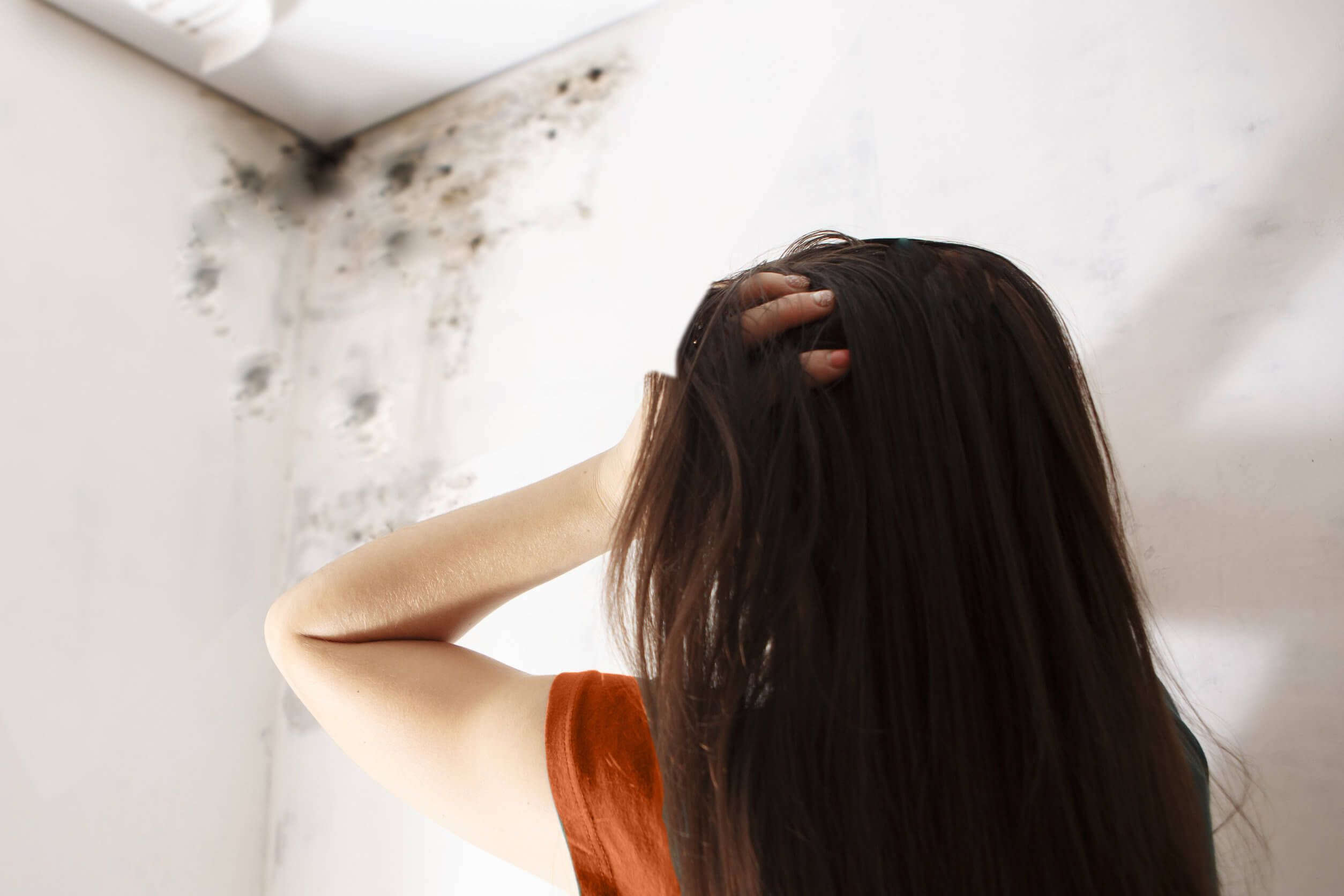How Long Does It Take To Get Sick From Mold Exposure
Written by Erin Porter
Mold exposure can be harmless or it can rip the rug out from under you physically speaking. How long does it take to get sick from mold exposure? The time it takes to experience symptoms from mold exposure can vary widely depending on several factors, including the individual’s sensitivity to mold, the type of mold, the extent of exposure, and overall health. Some people may develop symptoms shortly after exposure, while others may not show signs of illness until days or even weeks later.
For individuals with mold allergies or respiratory conditions such as asthma, symptoms may appear more quickly and be more severe. Common symptoms of mold exposure include nasal congestion, throat irritation, coughing, wheezing, eye irritation, skin rashes and chronic sinus infections. I personally had four sinus surgeries and instead of getting better, got worse with each surgery. I was not addressing the problem of mold in my environment as I had no idea this was the cause of my symptoms.
In some cases, exposure to certain types of mold, such as Stachybotrys chartarum (often referred to as “black mold”), may lead to more severe health effects. These can include respiratory problems, fatigue, headaches, and other serious systemic symptoms.
It’s important to note that not everyone reacts to mold in the same way, and some people may not experience noticeable symptoms even with prolonged exposure. If you suspect mold exposure and are experiencing health issues, it’s advisable to consult with a healthcare professional who understands mold illness. Additionally, addressing the source of mold and ensuring proper remediation is essential to prevent further exposure and potential health risks.
My Interview on TV’s Know The Cause – My Experience With Mold Illness
How Long do Mycotoxins Stay in the Body
Mycotoxins can stay in the body from six months to years. There are many factors that go into how quickly one can detox mycotoxins out of the body. For example, about 25% of the population has the MTHFR gene mutation. If you have this gene mutation like I do, toxins can build up because the body’s natural detoxification process is impaired. Therefore, we will need to provide our bodies the help it needs to facilitate proper detoxification. If you have tested positive for the MTHFR gene supplements such as glutathione and a special form of B complex such as Homocysteine Complete. This formula combines vitamins B2 (riboflavin), B6 and B12, plus folate as L-5-methyltetrahydrofolate )L-5-MTHF.)
MicroBalance has wonderful anti-mold products for your nose, body, and home. They are designed to heal naturally and are non-toxic. They also have products such as CellTropin which promotes cellular recovery especially for those compromised by mold.
I wrote an in depth article titled How Long Does it Take to Get Mold Out of Your System if you missed it.
In general, mycotoxins are metabolized and excreted from the body through various pathways, including the liver and kidneys. The elimination half-life (the time it takes for half of a substance to be eliminated from the body) can range from hours to days, and complete elimination may take weeks or longer. If your detox pathways are not open your body can become overburdened with the toxins as you are not eliminating them fast enough.
Can You Recover rom Mold Exposure
Yes, recovery from mold exposure is possible, and many individuals do recover with appropriate measures. The key to recovery involves several steps:
- Identify and Remove the Source:
- The first step is to identify and eliminate the source of mold. This may involve addressing water leaks, improving ventilation, and thoroughly cleaning and remedying affected areas.
- Seek Medical Advice:
- If you are experiencing symptoms related to mold exposure, it’s important to consult with a healthcare professional that understands mold sickness. They can evaluate your symptoms, conduct relevant tests, and recommend appropriate treatment or interventions.
- Address Health Issues:
- Treatment may involve managing symptoms and addressing any health issues related to mold exposure. For example, respiratory symptoms may be treated with medications, and allergy symptoms may be managed with antihistamines.
- Support the Immune System:
- Maintaining a healthy lifestyle can support your immune system in recovering from mold exposure. This includes a low mold diet, sweating out the toxins, supplementing and detoxing with the help of your doctor.
- Clean and Remediate:
- Thoroughly clean and remediate affected areas in your home or workplace. This may involve hiring professionals for mold remediation to ensure proper and safe removal.
- Prevent Future Exposure:
- Take steps to prevent future mold exposure by addressing moisture issues, improving ventilation, and regularly inspecting your living or working environment for signs of mold.
It’s important to note that individuals with pre-existing health conditions, such as allergies or asthma, may take longer to recover, and they may need ongoing management of their symptoms. Additionally, people with compromised immune systems or other underlying health issues may be more susceptible to the effects of mold exposure. See my article titled Can you recover from mold for more information.
Eat Pray Get Well Book
Check out the second edition of my book Eat Pray Get Well – A Journey from Chronic Illness & Brokenness to Wholeness & Healing. Foreword written by Doug Kaufmann, host of television’s Know the Cause. Now also available on Amazon Kindle.
How Long Does it Take For Black Mold to Kill You
Black mold, scientifically known as Stachybotrys chartarum, has been associated with health issues, but it’s important to note that fatalities directly attributed to black mold exposure are extremely rare. The vast majority of people who encounter black mold do not experience life-threatening effects.
However, exposure to mold, including black mold, can cause respiratory issues and other health problems, especially for individuals with allergies, asthma, or compromised immune systems. Prolonged exposure to mold spores can contribute to chronic respiratory conditions.
The severity of health effects depends on factors such as the individual’s overall health, the extent of mold exposure, and the duration of exposure. Symptoms of mold exposure may include respiratory issues (such as coughing and wheezing), nasal congestion, throat irritation, skin rashes, and eye irritation.
To prevent mold-related health issues, it’s essential to address the source of moisture that promotes mold growth, remediate mold in the home promptly, and maintain good ventilation and humidity control. If you suspect extensive mold growth in your living environment, it may be advisable to consult with a professional mold remediation service.
Related Posts
Recent Posts

If you suffer from Chronic Fatigue, Sinus Infections, Fibromyalgia, Food Allergies, Auto Immune Disease, Acid Reflux, Candida, Depression – this book is for you.

I have been fortunate to be featured on national Television including PBS American Health Journal, Know the Cause, CTN, ABC, NBC, CBS and more. I was sick for decades, endured many surgeries, took over 100 courses of antibiotics, and then I changed everything and everything changed. My book Eat Pray Get Well is about overcoming a tumultuous childhood, decades of chronic illness, and finding God in the process. Includes exclusive interviews with renowned Cardiologist Dr. Stephen Sinatra, Supermodel Carol Alt, Doug Kaufmann, and many more. Plus 55 gluten free recipes woven throughout.
As an Amazon Associate EatPrayGetWell.com earns from qualifying purchases. EatPrayGetWell.com also participates in affiliate programs with ShareASale and other sites. EatPrayGetWell.com is compensated for referring traffic and business to these companies.








Leave a Reply